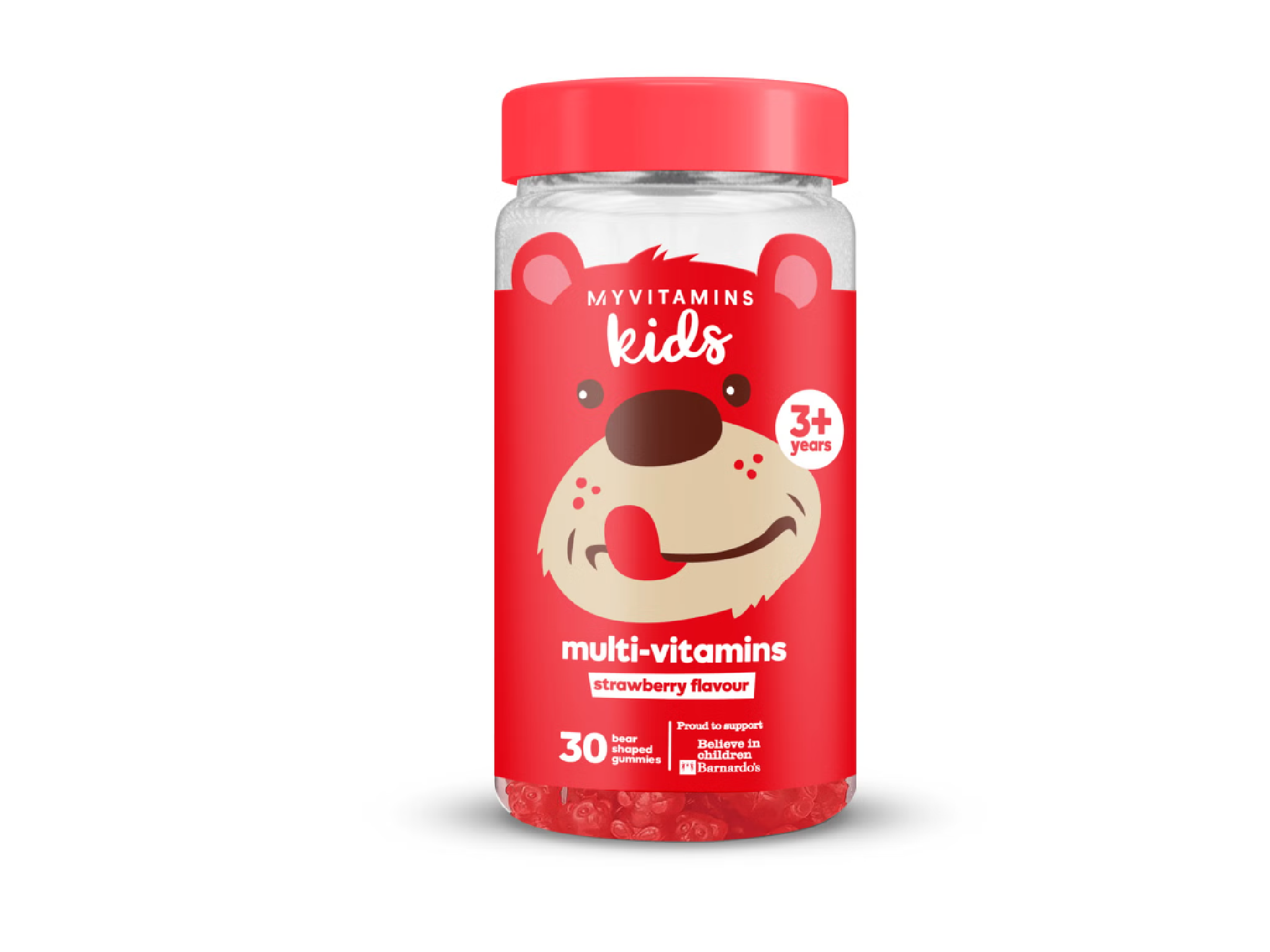Should kids take vitamin supplements? We asked a paediatric dietician
A children’s dietician explains which vitamins children really need

The first few weeks after a new school term can really put children’s immune systems to the test. Shorter days, colder temperatures, and closer proximity to their peers mean children are often exposed to more viruses and aren’t able to get outside as much as they might during warmer months.
It’s around this time of year that parents start to look for ways to boost their children’s natural defences to keep them fit and well. But after spending a lot of money on holidays and summer fun, it’s worth investigating if it’s really necessary to pay for supplements or if it’s worth pushing children to be more adventurous with their food.
Bahee Van De Bor is a registered paediatric dietician with 18 years of experience in helping parents improve their children’s gut health. We turned to her to ask what parents can do to ensure children are getting all the nutrients they need and whether a supplement is really worth it for kids.
Do children need supplements?
Similarly to adults, whether or not your child needs to take a supplement largely depends on what they are eating and whether they’re getting what they need to grow and thrive from their diet.
Bahee Van De Bor tells us that, “other than vitamin D, most children who eat a varied omnivorous diet should be able to get all the nutrients they need from food. However, if your child is particularly fussy with food, they might be missing out on certain nutrients, like B vitamins, calcium or iron.”
“In that case, supplements could be helpful, but it’s always best to speak to a registered paediatric dietitian first. They can assess your child’s specific needs and advise on whether supplements are necessary.”
How do children’s nutritional needs change as they age?
As children grow, their protein and energy requirements reduce per kg of body weight, but the total amount they need in grams per day increases. Thankfully, parents usually don’t need to calculate this, explains Van De Bor, as children typically meet their requirements naturally through a balanced diet that includes fruit, vegetables, whole grains, nuts, seeds, dairy or fortified plant alternatives, as well as meat, chicken, and fish.
Other key nutrients like B vitamins, calcium, iron, and zinc become more important at different stages – around four years old, at seven years when they start school, and again at 11 years old as they enter secondary school. Growth spurts help by increasing children’s appetites, allowing them to meet these needs naturally. However, if your child has been unwell or is a particularly fussy eater, it might be helpful to consult with a specialist dietitian or registered children’s nutritionist about whether a multivitamin is needed.
Is it hard for children to get Vitamin D?
Vitamin D comes from sunlight, which is in short supply when kids spend the day in the classroom at school and it gets dark early. “As we head into autumn, it’s a good time to start giving children a daily Vitamin D supplement, providing 10mcg,” says Van de Bor. “For younger children (under five), this is something they should be taking all year round. The reason for this is simple: there isn’t enough sunlight in the UK to meet our vitamin D needs, and it’s difficult to get enough from diet alone.”
In the winter months, everyone could do with a top up of Vitamin D so children are no different. And it’s during these months that viruses and bugs become more common too, so if your child is missing vital B vitamins or isn’t getting enough Vitamin C from leafy greens and fruits, it might be worth topping these up to help with immunity.
The kids supplements to buy
Myvitamins kids multivitamin gummies, 30 gummies: £6.24, Myprotein.com

These easy-to-chew tasty gummies have 10mcg of Vitamin D, which is the daily reccomended amount. With a strawberry flavour and no need to swallow a pill whole, even the fussiest children are unlikely to complain about taking one of these a day.
As well as vitamin D, these gummies provide a balanced blend of vitamins and minerals, helping to fill nutritional gaps in your child’s diet. Vitamins B6 and B12 support energy levels and contribute to normal red blood cell formation, which is crucial for growth and development. Vitamin A contributes to maintaining normal vision, essential for learning and everyday activities and vitamin C is needed to help the immune system function at its best.
Read more: The supplements to take for immunity during flu season





Join our commenting forum
Join thought-provoking conversations, follow other Independent readers and see their replies
0Comments